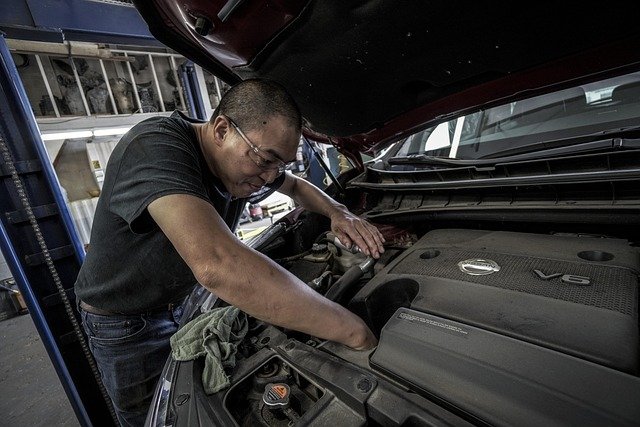Start Your Auto Career: Comprehensive Mechanic Training
Looking to begin a career as an automotive mechanic? Comprehensive mechanic training provides the hands-on skills and technical knowledge needed to diagnose, repair, and maintain modern vehicles. From short certificate programs to two-year associate degrees, training opens doors to dealership, shop, and specialty roles. Explore program options, costs, and essential skills to launch a stable, in-demand career in the evolving auto industry.

Introduction Automotive mechanic training is the foundation for a reliable career in the auto industry. As vehicles incorporate more electronics and advanced systems, formal training gives aspiring technicians the diagnostic skills, repair techniques, and practical experience needed to work on a wide range of cars and trucks.
How long does automotive mechanic training take? Program lengths vary depending on the credential and depth of instruction. Typical timelines include: - Certificate programs: Often completed in 6 to 12 months and focused on core repair skills. - Associate degrees: Usually require about two years and include broader technical coursework and general education. - Accelerated options: Some vocational programs compress core content and can be finished in as little as six months. - Extended or advanced programs: More comprehensive curricula or combined industry partnerships can approach the two-year mark. Keep in mind that learning never stops in this field; ongoing training is common as vehicles and diagnostic tools evolve.
Career prospects for trained automotive mechanics Formal training opens a variety of employment paths. Common destinations include independent repair shops, dealership service departments, fleet maintenance operations, and specialized shops. Technicians can concentrate on areas such as diesel engines, transmissions, body and paint work, or electrical and hybrid systems. With experience and additional certifications, mechanics may move into supervisory roles, service management, technical training, or launch their own repair businesses. According to the Bureau of Labor Statistics, demand for qualified automotive service technicians and mechanics is expected to remain steady, particularly for those with up-to-date skills in advanced vehicle technology.
Essential skills for success in mechanic training Succeeding as an automotive technician requires a mix of hands-on ability and soft skills: - Mechanical aptitude: Understanding of how systems interact and how to fix them. - Diagnostic/problem-solving: Ability to trace faults and determine effective repairs. - Attention to detail: Precision matters when working with complex components. - Physical stamina: The work can involve standing, bending, and lifting heavy parts. - Technical literacy: Comfort with computerized diagnostics, onboard systems, and repair software. - Communication: Clear explanation of issues and repairs to customers and colleagues. Developing these competencies during training helps graduates become job-ready and adaptable as technology changes.
Where to find automotive mechanic training programs Training is available from a range of providers, including community colleges, technical institutes, private vocational schools, and manufacturer- or dealership-sponsored programs. When evaluating options, consider these factors: - Accreditation and industry recognition - Curriculum depth and balance of classroom vs. hands-on lab work - Access to modern tools and diagnostic equipment - Internship, externship, or job placement assistance Manufacturer-specific programs can offer advanced training on particular vehicle brands, while community colleges and technical schools often provide broader foundational instruction.
Cost of automotive mechanic training Tuition and fees differ by program type, location, and length. Typical cost ranges are: - Certificate programs at community colleges: $5,000–$10,000 - Associate degree programs at technical institutes or community colleges: $10,000–$25,000 - Manufacturer-specific or brand training: $15,000–$30,000 - Private vocational school programs: $20,000–$40,000 These are estimates and may change; prospective students should research current pricing. Many programs offer financial aid, scholarships, payment plans, and sometimes employer tuition assistance or reimbursement for employees pursuing further training.
Is the investment worth it? Training requires time and money, but the hands-on skills and technical knowledge you gain can lead to stable employment and career mobility. As vehicles grow more sophisticated, technicians who combine mechanical know-how with electronic and diagnostic expertise are increasingly valuable to employers.
Conclusion Automotive mechanic training can be completed in as little as six months for certificate programs or around two years for an associate degree. Trained mechanics can pursue careers in shops, dealerships, fleet services, and specialty fields, with opportunities for advancement and entrepreneurship. By choosing an accredited program that emphasizes practical experience and staying current with new technologies, aspiring technicians put themselves in a strong position for a durable and rewarding career in the evolving automotive industry.






